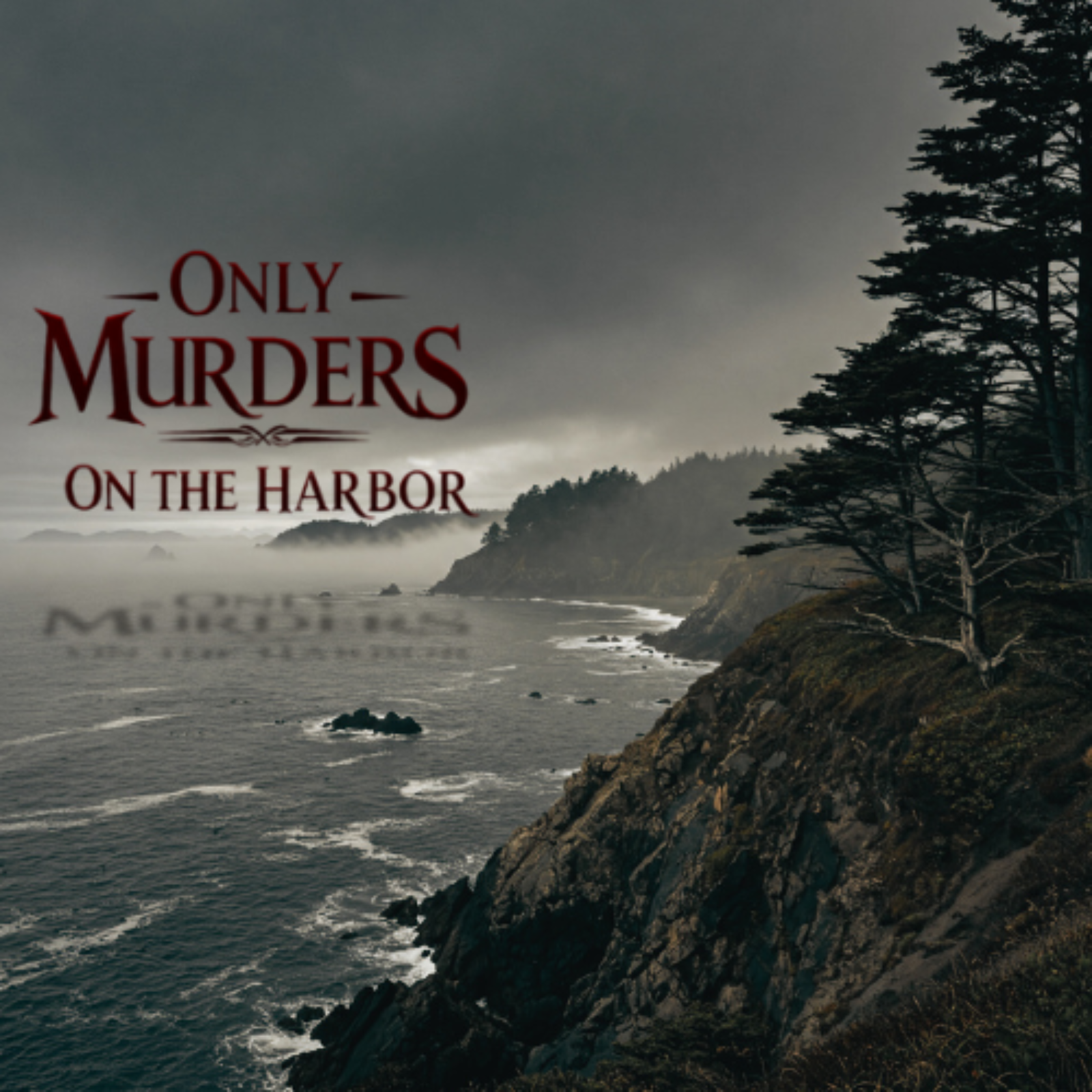

Murder on the Gravel Bar: The Killing of Jimmy Smith-Kramer at Donkey Creek
This episode of Only Murders on the Harbor examines the death of 20-year-old Jimmy Smith-Kramer, a Quinault tribal member whose life was tragically cut short in a racially charged attack near Donkey Creek, Washington. In 2017, James Walker deliberately ran over Jimmy and another young man after shouting racial slurs. Though the attack was violent and intentional, the legal system failed to treat it as a hate crime—leaving the Quinault Nation and Jimmy’s family deeply frustrated.The Quinault Nation immediately called for the crime to be recognized as racially motivated, emphasizing how it reflected broader patterns of discrimination and violence against Native communities in the region. Walker eventually pleaded guilty to second-degree manslaughter, receiving a seven-and-a-half-year prison sentence—a punishment many viewed as shockingly lenient given the gravity of his actions. Prosecutors argued that a longer sentence was unlikely due to Walker’s lack of a violent record, and the family faced an agonizing choice between accepting a plea deal or risking trial before a potentially biased jury.Through narration, soundscapes, and historical context, this episode explores the legal proceedings, the emotional toll on the community, and the public outcry that followed. Jimmy’s jersey was retired at Taholah High School in a moving ceremony attended by hundreds, honoring him as a role model, provider, and beloved friend. His death became a symbol of vulnerability for Indigenous youth, reopening deep wounds within the Quinault Nation and underscoring the systemic failures that leave Native communities without justice.The episode also examines the broader national context. Native Americans experience violence at rates far higher than other groups in the United States. Hate crimes against Indigenous people are often overlooked or minimized in the legal system, even when racial slurs or threats are present. Bureaucratic hurdles, under-resourced tribal law enforcement, and systemic bias all contribute to this gap. Each unacknowledged act of hate compounds historical trauma stemming from forced relocation, boarding school abuses, and systemic marginalization.Jimmy’s story is both personal and collective. It forces listeners to consider hard questions: What does justice mean when the law falls short? How do communities begin to heal when history and the present collide? And how do we honor lives lost to hate while pushing for meaningful change?Jimmy’s family and the Quinault Nation continue to speak at schools, advocate for Indigenous rights, and ensure his story sparks awareness and action. Their fight is a reminder that justice is not a single moment but a journey requiring shared responsibility, compassion, and persistence.📚 ResourcesU.S. Department of Justice – Hate Crimes: justice.gov/hatecrimesBureau of Justice Statistics – Violent Victimization of American Indians and Alaska Natives: bjs.ojp.govUrban Indian Health Institute – Reports: uihi.orgNative Justice Coalition: nativejustice.orgQuinault Indian Nation: quinaultindiannation.comLocal reporting from The Daily World and The Olympian (2017–2018)
Episode Details
About This Episode
This episode of Only Murders on the Harbor examines the death of 20-year-old Jimmy Smith-Kramer, a Quinault tribal member whose life was tragically cut short in a racially charged attack near Donkey Creek, Washington. In 2017, James Walker deliberately ran over Jimmy and another young man after shouting racial slurs. Though the attack was violent and intentional, the legal system failed to treat it as a hate crime—leaving the Quinault Nation and Jimmy’s family deeply frustrated.The Quinault Nati...